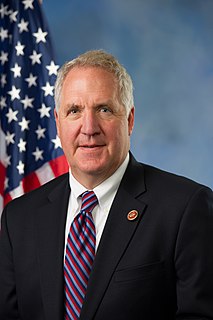A Quote by Kersti Kaljulaid
The U.S., together with trans-Atlantic allies, never recognized the occupation of the Baltic states by the Soviet Union. Moscow faced pressure or retaliation every time it tried to move toward official recognition, or at least acceptance, of its claim that the Baltic states were Soviet republics.
Related Quotes
From Stettin in the Baltic to Trieste in the Atlantic, an iron curtain has descended across the Continent. Behind the line lie all the capitals of the ancient states of Central and Eastern Europe... All these famous cities and the populations around them lie in what I must call the Soviet sphere, and all are subject in one form or another, not only to Soviet influence but to a very high and, in many cases, increasing measure of control from Moscow.
Back in the days of the Soviet Union, the countries of Eastern Europe, being under the control of the USSR, would call their states "people's republics." The sham that is currently going on in the states of the former Soviet Union is due to the fact that the politicians in power are eager to polish up their image abroad.
Nowadays, there are plans to separate the Baltic states from the common power system of the former Soviet Union and to integrate them into the European system. What does it mean for us in practice? In practice, it means that a number of zones will emerge between several regions of the Russian Federation, where we will have no power transmission lines, since previously we used to have a loop transition through the Baltic countries.
There used to be the Soviet Union and the Warsaw Pact. There used to be Soviet troops in the GDR. And we must honestly admit that they were occupation troops, which remained in Germany after WWII under the guise of allied troops. Now these occupation troops are gone, the Soviet Union has collapsed, and the Warsaw Pact is no more. There is no Soviet threat, but NATO and U.S. troops are still in Europe. What for?
This much I would say: Socialism has failed all over the world. In the eighties, I would hear every day that there is no inflation in the Soviet Union, there is no poverty in the Soviet Union, there is no unemployment in the Soviet Union. And now we find that, due to Socialism, there is no Soviet Union!
The Baltic republics have invented something totally new. Do you know what? They use the word 'non-citizens' for people who have been living for decades in the territory of Baltic states and have been deprived of a number of political rights. They cannot participate in the election campaigns; they have limited political and social rights. Everybody keeps quiet about it, as if this is the way it should be. Of course, this cannot but cause a certain reaction.
25 million of Russian people suddenly turned out to be outside the borders of the Russian Federation. They used to live in one state; the Soviet Union has traditionally been called Russia, the Soviet Russia, and it was the great Russia. Then the Soviet Union suddenly fell apart, in fact, overnight, and it turned out that in the former Soviet Union republics there were 25 million Russians. They used to live in one country and suddenly found themselves abroad. Can you imagine how many problems came out?





























